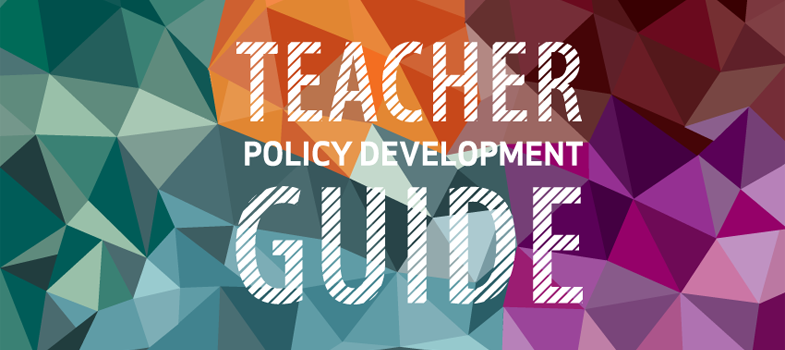3.2.12 Public-private partnerships in teacher education
Although teacher training is often assumed to be the role of the state, under the auspices of ministries of education, there are many instances where non-state actors make an invaluable contribution to teacher training. For example, NGOs may train teachers instead of – or on behalf of – the state: this might occur where state teacher training institutions and programmes are no longer functional (for example, during or following conflicts) or in parallel to state-run initiatives within integrated teacher education programmes. Either scenario requires a clear partnership framework, addressing aspects such as regulation and monitoring.
The existence of diverse teacher education partners, when well regulated and monitored, may contribute to the development of stronger teacher education methodologies and pedagogical methods throughout a national teacher education system. In Mozambique, for example, 11 teacher training colleges run by ADPP Mozambique, a national non-governmental organisation that is a member of the Humana People to People Federation, function alongside a network of state-run teacher training institutions (Humana People to People, 2013). They teach the same curriculum, and trainees take a common examination; the ADPP-run institutions are widely considered to have had a positive impact on the teacher education training methods employed by the state-run institutions.
3.2.11 Teacher education in post-conflict and post-disaster (PCPD) contexts
